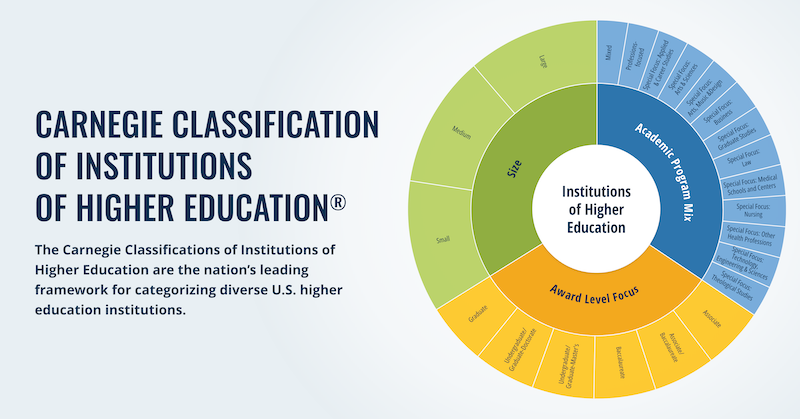Carnegie Senior Partner Tom Toch reviews Paul Tough’s book “How Children Succeed” in The Washington Monthly. Toch notes that Tough maintains that “efforts to engender resilience, persistence, and other character strengths in … students” are integral to student success.
This is reinforced in a New York Times book review of the Tough book by Annie Murphy Paul. Paul writes that Tough replaces the assumption “that success today depends primarily on cognitive skills — the kind of intelligence that gets measured on I.Q. tests, including the abilities to recognize letters and words, to calculate, to detect patterns — and that the best way to develop these skills is to practice them as much as possible … with what might be called the character hypothesis: the notion that noncognitive skills, like persistence, self-control, curiosity, conscientiousness, grit and self-confidence, are more crucial than sheer brainpower to achieving success.”
"Noncognitive skills are more crucial than sheer brainpower to achieving success."
Both the book and Toch’s and Paul’s reviews underscore research by Carnegie Fellow David Yeager that has shown (as Toch notes) “ that even modest interventions, like teachers writing encouraging notes on student’ essays, motivate children to persevere academically.” Yeager’s research is integral to Carnegie’s work in Productive Persistence, one of the key elements of the instructional system in Carnegie’s two mathematics pathways that aim to get students to and through a college credit math course in one year.
Through a package consisting of targeted student interventions that support faculty to create more engaging classroom environments and organize meaningful instructional experiences for students, our network faculty have strengthened students’ interest in this subject matter, reduced their anxiety about learning math, and convinced many students that they too can actually come to learn this subject. The latter is what we call developing a growth mindset.
August 13, 2012
In Reinventing Discovery: The New Era of Networked Science, Michael Nielsen explains how the internet has created the conditions for a completely open research field in which increased collaboration can help spur innovation.
September 13, 2012
The essay “Building on Practical Knowledge" presents a third way to conduct research that incorporates practitioner knowledge using Networked Improvement Communities.






